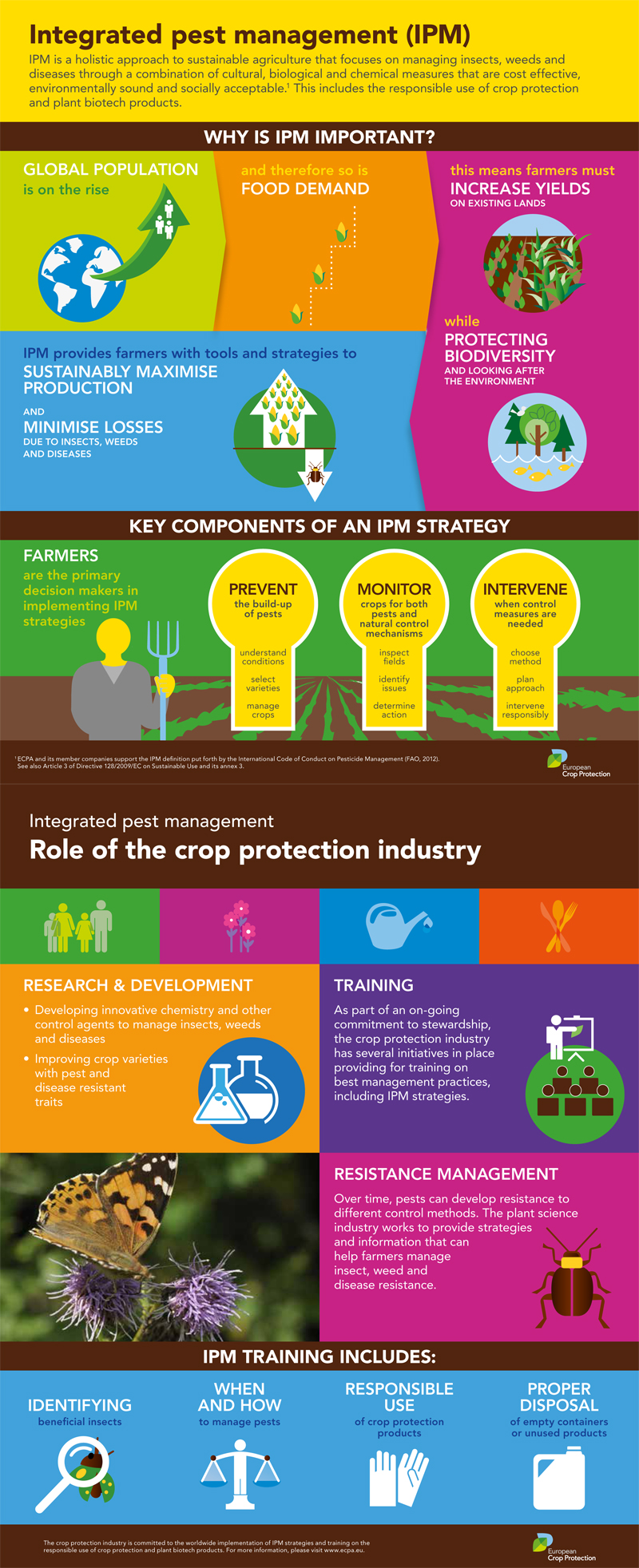The Duty Of Pest Control In Food Safety And Security And Hygiene
The Duty Of Pest Control In Food Safety And Security And Hygiene
Blog Article
Post Composed By-Halberg Murphy
Are you familiar with the concealed risks that pests position to the safety and hygiene of your food? From rodents to pests, these unwanted visitors can pollute your components, surface areas, and storage locations.
This write-up explores the critical function of bug control in preserving the highest possible criteria of food safety and hygiene. Discover efficient strategies and prevention measures that will help you safeguard your organization, clients, and track record.
Don't allow parasites compromise the top quality of your food.
The Influence of Insects on Food Safety and Hygiene
In your cooking area, pests can have a significant effect on food safety and health. These undesirable guests, such as rats, pests, and cockroaches, can pollute your food, surfaces, and tools with unsafe microorganisms, viruses, and parasites. They can conveniently access your kitchen, cabinets, and even your refrigerator, leaving droppings, urine, and hair.
Smart traps can they spoil your food by chewing through product packaging, but they can also spread diseases like Salmonella, E.coli, and Listeria. Picture preparing a meal for your family members, uninformed that the components you're utilizing are currently infected.
It's critical to take immediate action to prevent and regulate bugs in your kitchen. Normal cleansing, correct food storage space, and professional pest control actions are necessary to make sure food safety and security and maintain a hygienic setting in your cooking area.
Efficient Bug Control Strategies for the Food Market
Executing effective pest control methods is important for maintaining food security and health in the food sector. By applying rat bait stations , you can prevent insects from contaminating the food and make sure that your products are safe for usage.
One reliable strategy is to consistently check and monitor your facility for signs of insect activity. This includes checking for droppings, nests, or any type of damages brought on by insects.
It's also crucial to secure all access points to avoid insects from entering the facility. Normal cleansing and hygiene are necessary, as insects are drawn in to food deposit and spills.
Additionally, appropriate waste management is vital to stop the build-up of food waste that can attract pests.
Maintaining Hygiene Requirements Via Pest Prevention Procedures
To keep health requirements, you should on a regular basis apply pest avoidance steps. By taking positive actions to prevent insects from entering your food establishment, you can ensure the safety and security and sanitation of your premises. Below are some efficient parasite avoidance steps to consider:
- Seal all splits and crevices: Insects can get in with also the tiniest openings. Consistently inspect and seal any type of spaces in doors, windows, walls, and floors to maintain pests out.
- pop over here monitoring: Get rid of food waste immediately and safely in sealed containers. This will decrease the destination of parasites and stop infestations.
- Regular cleansing and sanitizing: Maintaining sanitation in your facility is important. Frequently clean and sterilize all locations, paying special interest to areas where bugs might hide or reproduce.
- Carry out a tracking system: On a regular basis evaluate your facilities for signs of parasite activity. Set up pest monitoring tools, such as traps or sensing units, to determine and attend to any kind of prospective problems early.
Verdict
So remember, when it concerns food safety and security and health, insect control plays a vital duty.
By executing effective pest control approaches and preventive measures, we can guarantee the highest possible criteria of cleanliness and security in the food industry.
Don't let pests compromise the high quality of our food; allow's stand together and safeguard our wellness and health.
